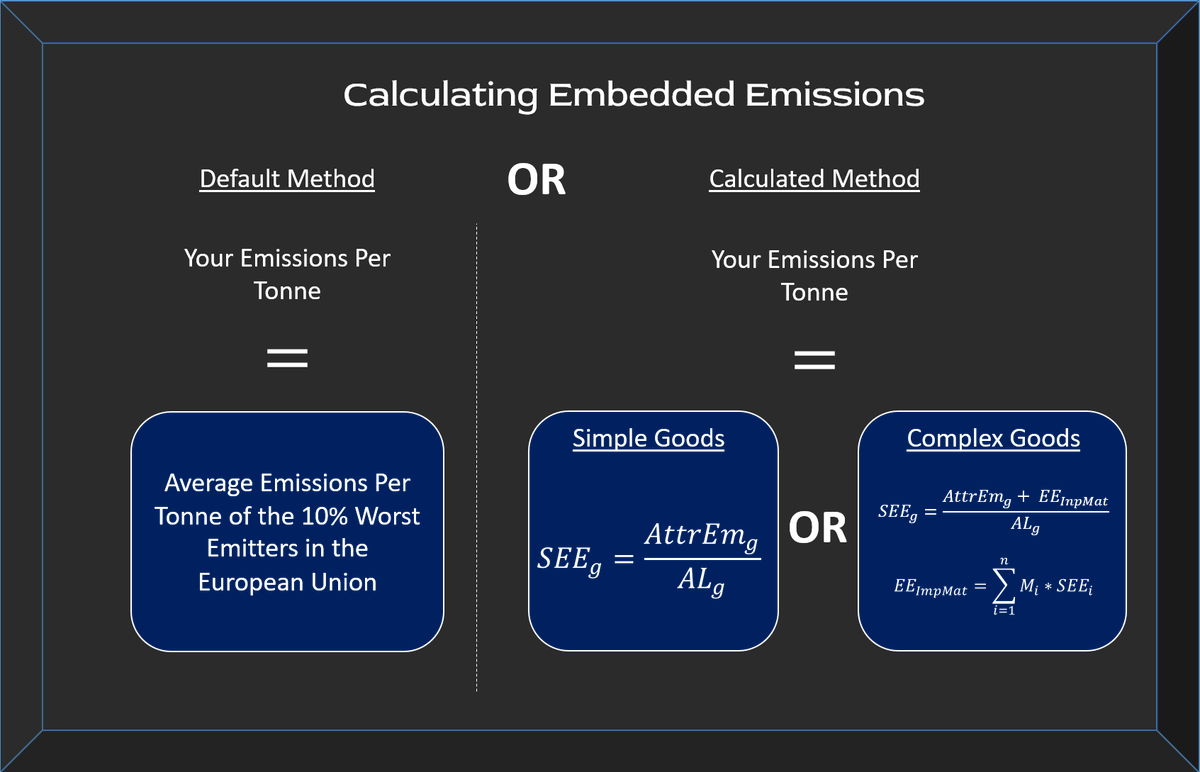
This is my very rough attempt at illustrating how the sheep and lamb quota will work in the FTA based on the Australian government press release.
I've included the entire EU28 Quota as a starting comparison point. The post-Brexit UK "share" of that quota is a bit smaller.
I've included the entire EU28 Quota as a starting comparison point. The post-Brexit UK "share" of that quota is a bit smaller.

This is beef. The EU28 Quota is a lot more complicated here.
Australia got 7,150 tonnes per annum of "High Quality Beef" and split a 6,625 tonne Grain-Fed quota with Argentina, Canada, Uraguay and New Zealand every quarter. I've (generously) included the total of all of that.
Australia got 7,150 tonnes per annum of "High Quality Beef" and split a 6,625 tonne Grain-Fed quota with Argentina, Canada, Uraguay and New Zealand every quarter. I've (generously) included the total of all of that.

This is sugar.
EU28 Quota on the chart here is the Australia exclusive portion of the EU28 Quota, but there's also a much larger quota that the entire world (including Australia) gets to fight over.
EU28 Quota on the chart here is the Australia exclusive portion of the EU28 Quota, but there's also a much larger quota that the entire world (including Australia) gets to fight over.

This is dairy.
I chickened out of doing an EU28 comparison here because dairy has a lot of sub-components and I didn't want to accidentally mislead.
I **THINK** Australia got about 7,000 tonnes of cheddar access, and 500 tonnes of "cheese for processing" access into EU28.
I chickened out of doing an EU28 comparison here because dairy has a lot of sub-components and I didn't want to accidentally mislead.
I **THINK** Australia got about 7,000 tonnes of cheddar access, and 500 tonnes of "cheese for processing" access into EU28.

Data I'm using for the UK-Aus FTA quotas comes from here this link below.
A critical caveat here is that just because a country HAS access, doesn't mean it will use it.
Australia has both supply side constraints and lucrative customers closer to home.
trademinister.gov.au/minister/dan-t…
A critical caveat here is that just because a country HAS access, doesn't mean it will use it.
Australia has both supply side constraints and lucrative customers closer to home.
trademinister.gov.au/minister/dan-t…
• • •
Missing some Tweet in this thread? You can try to
force a refresh







